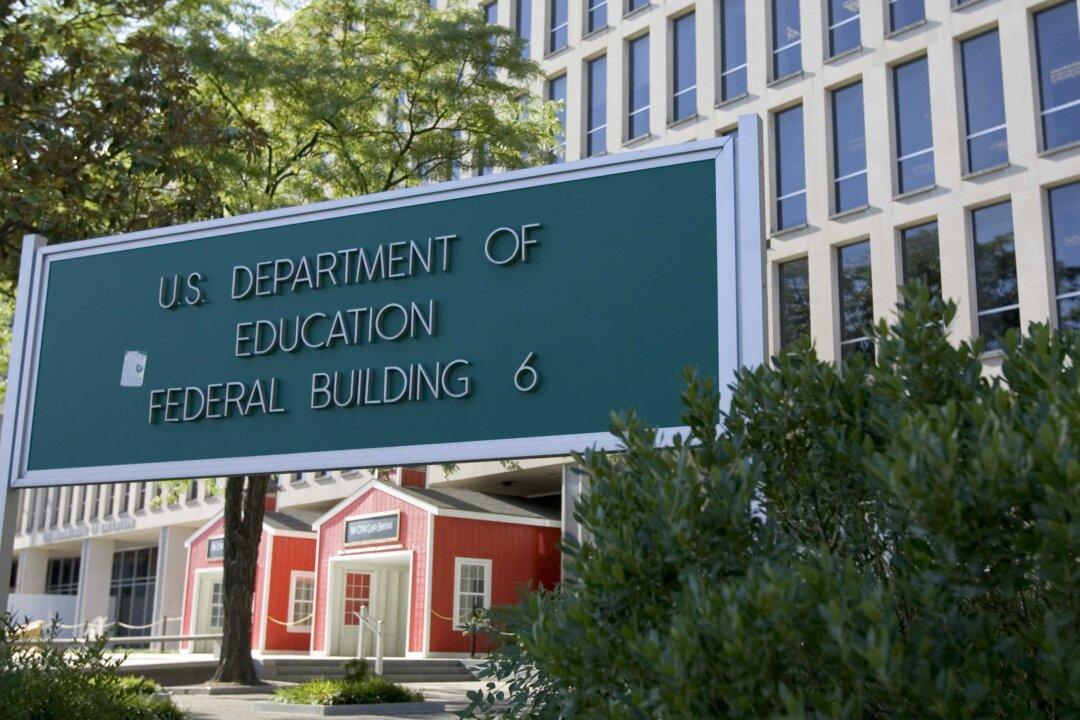The U.S. Department of Education has taken steps to end what it called the “book ban hoax” promoted by the previous administration.
On Jan. 24, the department’s Office for Civil Rights (OCR) announced the dismissal of 11 complaints related to alleged book bans in schools and rescinded guidance that suggested removing certain books from school libraries could violate civil rights laws.





